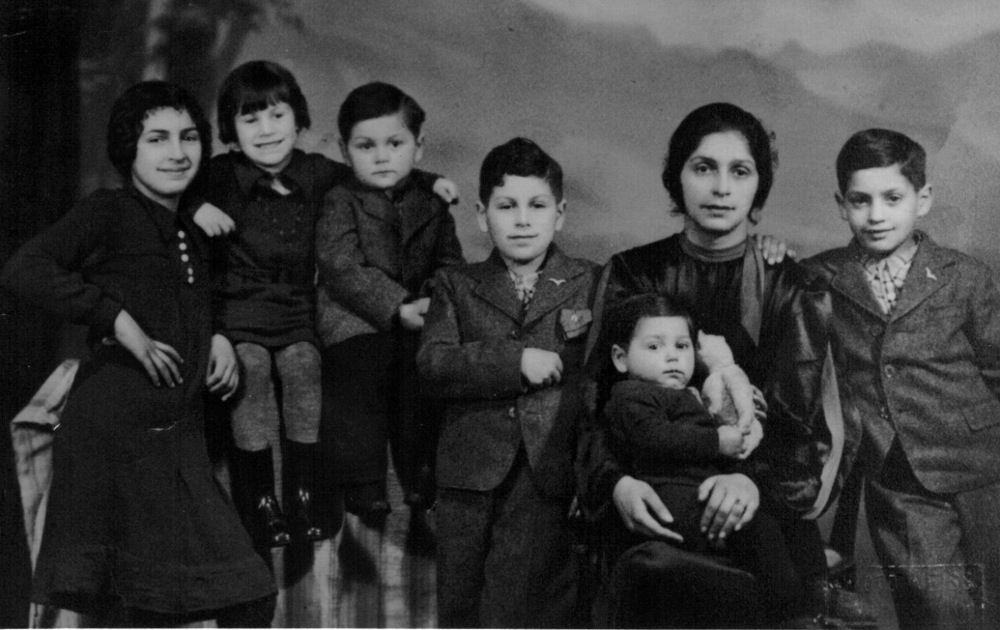Quellen
Stadtarchiv München, Pol. Dir., Nr. 828.
Eiber, Ludwig: „Ich wusste, es wird schlimm“. Die Verfolgung der Sinti und Roma in München 1933-1945, München 1993.
Bahr, Matthias/ Poth, Peter (Hg.): Hugo Höllenreiner. Das Zeugnis eines überlebenden Sinto und seine Perspektiven für eine bildungssensible Erinnerungskultur, Stuttgart 2014.
Tuckermann, Anja: „Denk nicht, wir bleiben hier“. Die Lebensgeschichte des Sinto Hugo Höllenreiner, München 2005.


